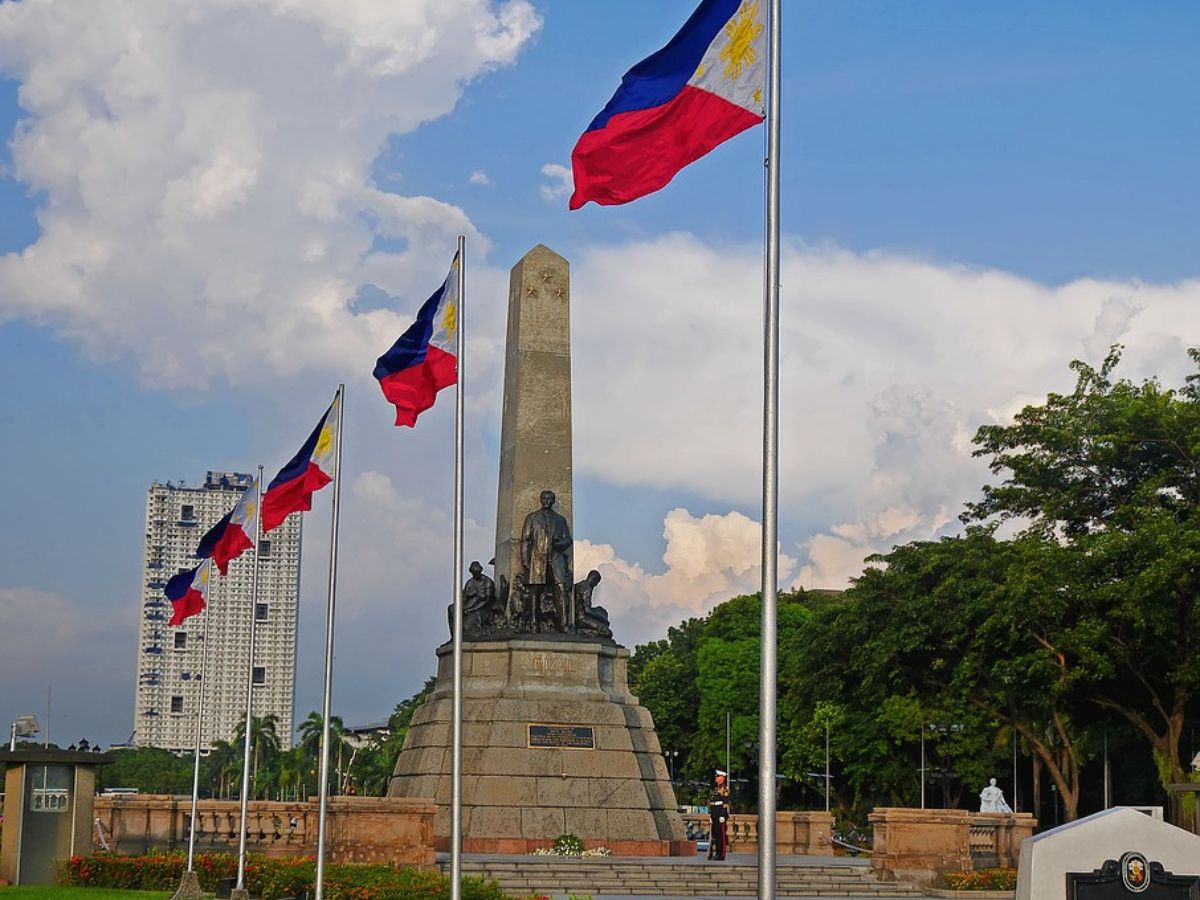
Philippines Department Of Health Supports Limited Medical Cannabis

Philippines Department Of Health Supports Limited Medical Cannabis
While many parts of the world have reformed their laws to permit the use of cannabis for medical purposes, the Philippines has been much slower to do so. Unfortunately, cannabis is prohibited in all of its forms in the Philippines, and the nation’s cannabis penalties are some of the harshest on planet Earth.
The binding law is the Comprehensive Dangerous Drugs Act of 2002, which specifies hefty fines and long prison sentences for cannabis offenses. The level of penalty depends on the amount involved and whether there was perceived intent to distribute by law enforcement.
Even simply having metabolized THC in a person’s system is illegal in the Philippines, with offenders being required to undergo at least six months at a government rehabilitation center.
Fortunately, the nation’s government is slowly opening up to the idea of at least permitting cannabidiol (CBD) products. Per The Manila Times:
Among the pending measures was House Bill 4208 filed by Camarines Sur 2nd District Rep. Luis Raymund Villafuerte that seeks to create a state agency to oversee the production and marketing for the export of CBD, which does not have psychoactive properties that produce a “high” effect like those experienced by marijuana users.
During the hearing of the Commission on Appointments on Health Secretary Teodoro Herbosa’s ad-interim appointment last September, Villafuerte, who acts as the majority floor leader of the Commission, asked him whether he supported the legal use of cannabis oil for medicinal purposes.
“We are in favor of the legalization of medical use of marijuana and its products, your honor,” Herbosa replied, adding that the DoH will pursue medicinal cannabis legalization as a policy.
To be clear, the type of reform that is being pursued in the Philippines is incredibly restrictive and will only help a limited number of suffering patients. Hopefully this type of reform succeeds and paves the way for more comprehensive reform.
Share article


Share article
Join Our Awesome Community
Join Our Awesome Community
Join Our Awesome
Community
Get all the latest industry news
delivered to your inbox




